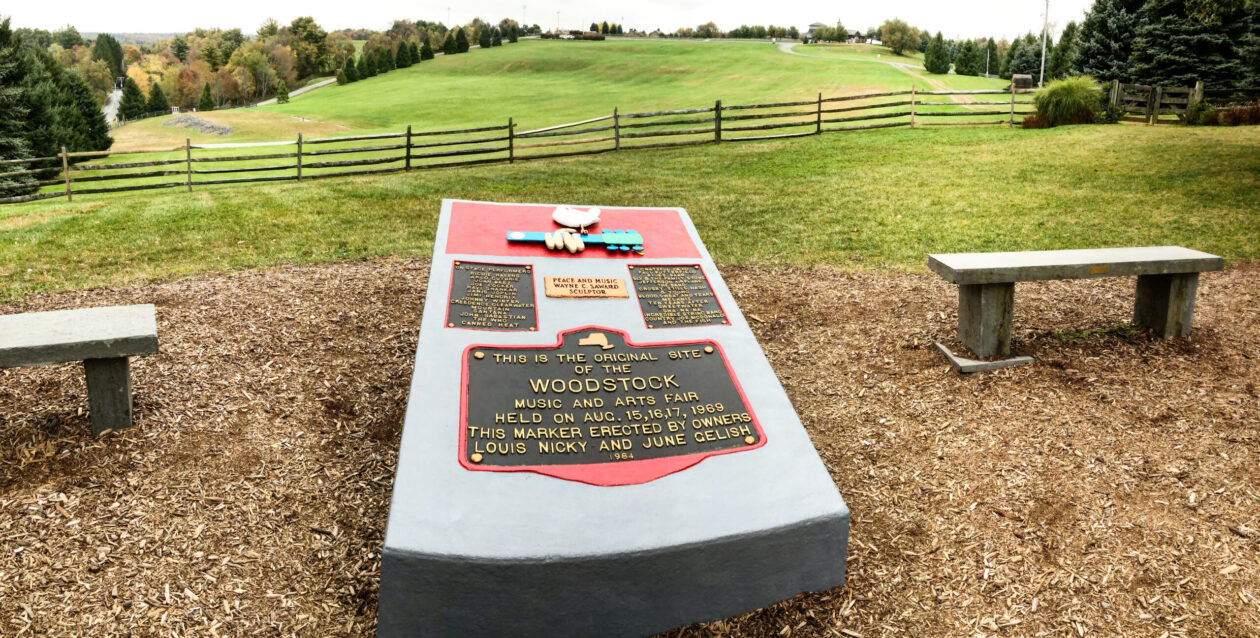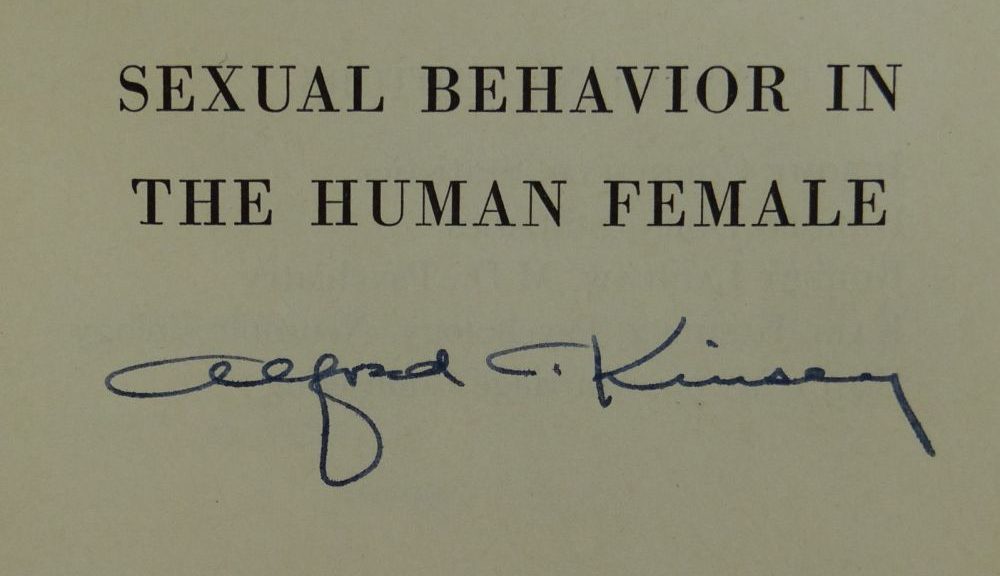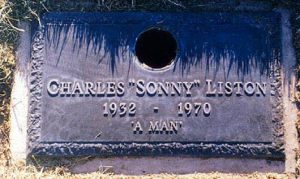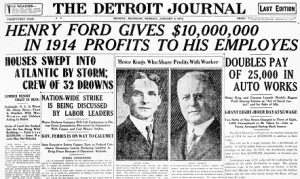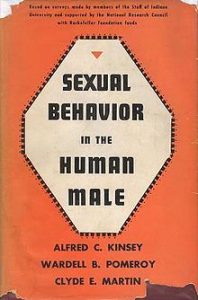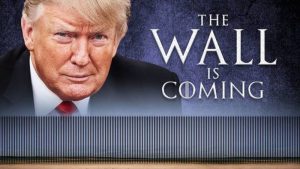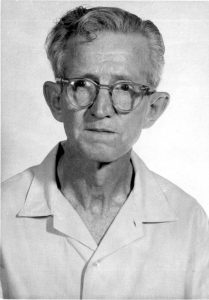January 5 Peace Love Art Activism
BLACK HISTORY
Black labor history
January 5, 1869: the nation’s first labor convention of Black workers was held in Washington, D.C., with 214 delegates forming the Colored National Labor Union (Labor, see May 10; BH, see Dec 6)
Scottboro travesty
January 5, 1932: Ruby Bates, one of the two girls who accused the Scottsboro Boys of rape, denied that she was raped. In a letter Bates wrote her then boyfriend, Earl Streetman, she denied having been raped: “those Negroes did not touch me….i hope you will believe me the law dont….i wish those Negroes are not Burnt on account of me.” (see SBT for expanded chronology)
Coke v. City of Atlanta
January 5, 1960: in Coke v. City of Atlanta the District Court of North Georgia, Atlanta, found that Dobbs House Restaurant, as agent for Atlanta at the airport violated the 14th Amendment rights of H. D. Coke by refusing to serve him in the same area as white patrons. Coke was Black. The judge also dismissed the portion of the suit against Atlanta. (see Jan 18)
Albany Movement
January 5, 1962: groups protested to state and college officials regarding the dismissal of students from Albany State College for participating in anti-segregation demonstrations. (see Albany for expanded chronology)
FBI/MLK, Jr
January 5, 1964,: the FBI installed a listening device in Martin Luther King Jr’s room at the Willard Hotel in Washington, D.C. They installed the devices without Attorney General Robert Kennedy’s approval. He had authorized only wiretaps on October 10, 1963. These listening devices were far more intrusive than wiretaps because they captured conversations in many locations. (BH, see Jan 8; MLK, see Mar 26)
Sonny Liston
January 5, 1971: Sonny Liston (b.1932), World Champion boxer (1962-64), was found dead in his Las Vegas home.
Johnnie May Chappell murder
January 5, 2006: the Florida Department of Law Enforcement investigation into the Johnnie May Chappell murder case (March 23, 1964) released its results to attorneys representing Chappell’s son. Those attorneys said the findings contained new evidence and interviews with witnesses never before contacted. (BH & Chappell, see Jan 6)
Homer Plessy Pardon
January 5, 2022: Louisiana Governor John Bel Edwards (D) granted a posthumous pardon for Homer Plessy, whose refusal on June 7, 1892 to leave a Whites-only railcar led the Supreme Court to uphold state racial segregation laws in what was considered to be one of its most shameful decisions.
Edwards signed the pardon during a ceremony outside the former train station in New Orleans where Plessy boarded a train bound for Covington, Louisiana, before his arrest 130 years ago. The Louisiana Board of Pardons unanimously voted in November to clear Plessy’s record. Descendants of Plessy and John Howard Ferguson, the Louisiana judge who initially upheld the state’s segregation law, forged a friendship and advocated for the posthumous pardon.
“The stroke of my pen on this pardon, while momentous, it doesn’t erase generations of pain and discrimination. It doesn’t eradicate all the wrongs wrought by the Plessy court or fix all of our present challenges,” Edwards said before signing the pardon. “We can all acknowledge we have a long ways to go, but this pardon is a step in the right direction.” [CBS News article] (next BH, see Mar 7)
January 5 Peace Love Art Activism
US Labor History
January 5, 1914: the Ford Motor Company raised wages from $2.40 for a 9-hour day to $5 for an 8-hour day in effort to keep the unions out. (see Jan 10)
January 5 Peace Love Art Activism
Feminism/Voting Rights
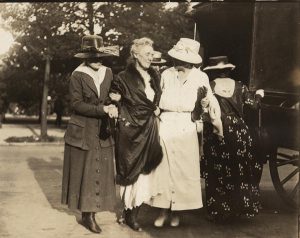
January 5, 1919: authorities arrested Annie Arniel, Mary Dubrow, Julia Emory, and Phoebe Munnecke for their part in watch fire demonstrations. They refused to pay bail and the judge sentenced them to 10 days in prison. They began hunger strike. (see Jan 9)
January 5 Peace Love Art Activism
LGBTQ
January 5, 1948: Alfred Kinsey and his team published Sexual Behavior in the Human Male. The report generated a national controversy as the study was first scientific study of sexuality and swept away long-standing cultural taboos against frank discussion of the topic. Consistent with those taboos, The New York Times did not report the publication of the book, did not review it, and published no article on it for almost two full years. Particularly controversial were the report’s estimates of infidelity and homosexual encounters. The second report, Sexual Behavior in the Human Female was published in September 1953 — the Times did publish several articles on that publication.
The two Kinsey reports had a major impact on civil liberties. They opened the door for candid discussions of sexuality, which in turn led to legal challenges to censorship of books and movies with sexually-related themes. They also underpinned the sexual revolution, which led to challenges to restrictions on access to birth control and abortion. Finally, the evidence on the prevalence of homosexuality opened the door for more candid and morally neutral discussion of same sex relationships. (see November 11, 1950)
January 5 Peace Love Art Activism
Immigration History
Whom We Shall Welcome
January 5, 1953: President Harry Truman praised Whom Shall We Welcome, a report on immigration policy. The report recommended that “the National Origins quota system should be abolished.” The Immigration Act of 1924, which completely prohibited immigration from Asia, had established the quota system, and discriminated against potential immigrants from Southern and Eastern Europe, as well as other parts of the world (e.g., immigration from India in the early 1960s, for example, was limited to 100 people a year.). Truman’s President’s Commission on Immigration and Naturalization had prepared the report.
While there was no immediate change, Truman set in motion a long public debate that culminated in the 1965 Immigration Reform Act, which abolished the restrictive quota system. President Lyndon Johnson signed the immigration law on October 3, 1965, in a ceremony at the Statue of Liberty. (see June 17, 1954)
Trump’s Wall
January 5, 2018: with Trump and the Democratic leadership continuing to refuse to change their positions on building a wall, President Trump referenced in a tweet the popular Game of Thrones slogan, Winter Is Coming, with “The Wall is Coming,” with a picture of himself over the wall. (IH & TW, see Jan 6) or see Trump Wall for expanded chronology)
LGBTQ & AIDS
January 5, 2010: the Department of Health and Human Services and the Centers for Disease Control on this day removed HIV from the list of illness that bar the granting of visas to people seeking to visit the U.S. President Ronald Reagan’s administration added HIV to the list on August 28, 1987; the result was discrimination against homosexuals, one of the largest groups of people with an HIV/AIDS diagnosis.(next AIDS, see Jan 11;next LGBTQ, see Feb 10; IH, see Oct 14)
January 5 Peace Love Art Activism
Right to Legal Representation
January 5, 1962: after writing to an FBI office in Florida and next to the Florida Supreme Court, but denied help, Clarence Earl Gideon mailed a five-page hand-printed petition to the US Supreme Court asking the nine justices to consider his complaint. The Supreme Court, in reply, agreed to hear his appeal. Originally, the case was called Gideon v. Cochran. The Supreme Court will eventually rule that a criminal defendant who cannot afford to hire a lawyer must be provided with a one at no cost. (see Gideon for expanded chronology)
January 5 Peace Love Art Activism
Vietnam & DRAFT CARD BURNING
January 5, 1968: Attorney General Ramsey Clark announced (NYT article) the indictment of Dr. Benjamin Spock, the Rev. William Sloane Coffin Jr., chaplain of Yale University, Michael Ferber, a 23-year-old Harvard University graduate student, Mitchell Goodman, 44, of New York and Temple, Me., an author, and Marcus Raskin, 33, of Washington, co-director of the Institute for Policy Studies, a private research organization on charges of conspiring to counsel young men to violate the draft laws.
According to the indictment, Spock, Coffin, Raskin, and Goodman agreed to sponsor a nationwide draft-resistance program that would include disrupting the induction processes at various induction centers, making public appeals for young men to resist the draft and to refuse to serve in the military services and issuing calls for registrants to turn in their draft cards.
The indictment accused them of having violated Title 50, Section 462(A) of the United States Code Appendix, a section of the Universal Military Training and Service Act that dated to World War I. It declared that any person was guilty of violating the law if they “knowingly counsels, aids, or abets another to refuse or evade registration or service in the armed forces” or if thee “shall knowingly hinder or interfere or attempt to do so in any way, by force or violence or otherwise,” with the administration of the draft. It also made it a crime to conspire to commit these acts. (see Jan 7)
January 5 Peace Love Art Activism
Religion and Public Education
January 5, 1982: in McLean v Arkansas Board of Education, a US Federal Court struck down an Arkansas law requiring that “evolution-science” and “creation-science” be given “equal treatment” in the classroom. The court rejected Arkansas’ claim that “creation-science” is a legitimate science and holds that the purpose of the Arkansas law is to advance religion and therefore is impermissible.
Justice Black stated: The “establishment of religion” clause of the First Amendment means at least this: Neither a state nor the Federal Government can set up a church. Neither can pass laws which aid one religion, aid all religions, or prefer one religion over another. Neither can force nor influence a person to go to or to remain away from church against his will or force him to profess a belief or disbelief in any religion. No person can be punished for entertaining or professing religious beliefs or disbeliefs, for church-attendance or non-attendance. No tax, large or small, can be levied to support any religious activities or institutions, whatever they may be called, or whatever form they may adopt to teach or practice religion. Neither a state nor the Federal Government can, openly or secretly, participate in the affairs of any religious organizations or groups and vice versa. In the words of Jefferson, the clause … was intended to erect “a wall of separation between church and State.” (see May 28)
January 5 Peace Love Art Activism
CLINTON IMPEACHMENT
January 5, 1999: Senate Majority Leader Trent Lott announced (NYT article) that President Clinton’s trial would begin January 7, but senators continued to wrangle over how long the trial should be and whether to call witnesses. (see CI for expanded chronology)
January 5 Peace Love Art Activism
Nuclear/Chemical News
January 5, 2020: Iranian Foreign Minister Javad Zarif tweeted details on the legislative action decided upon by Iranian cabinet members in which the country will no longer limit itself to the nuclear restrictions set forth in 2015 by the Joint Comprehensive Plan of Action (JCPOA).
“As 5th & final REMEDIAL step under paragraph 36 of JCPOA, there will no longer be any restriction on number of centrifuges. This step is within JCPOA & all 5 steps are reversible upon EFFECTIVE implementation of reciprocal obligations Iran’s full cooperation w/IAEA will continue,” Zarif tweeted. [CNN article] (next N/C N see May 21); next Iran, see February 18, 2021)
January 5 Peace Love Art Activism
Women’s Health
January 5, 2023: the South Carolina Supreme Court on Thursday overturned the state’s ban on abortion after around six weeks of pregnancy, ruling that the law violated the state’s constitutional right to privacy.
The 3-2 decision came nearly seven months after the U.S. Supreme Court’s bombshell ruling voiding the federal constitutional right to terminate pregnancies.
President Joe Biden’s press secretary, Karine Jean-Pierre, in a tweet wrote: “We are encouraged by South Carolina’s Supreme Court ruling today on the state’s extreme and dangerous abortion ban.”
“Women should be able to make their own decisions about their bodies,” Jean-Pierre wrote.
The decision by the South Carolina Supreme Court is based on the state’s own constitution, which, unlike the U.S. Constitution, explicitly gives citizens a right to privacy. [CNBC article] (next Women’s Health, see Apr 5)
